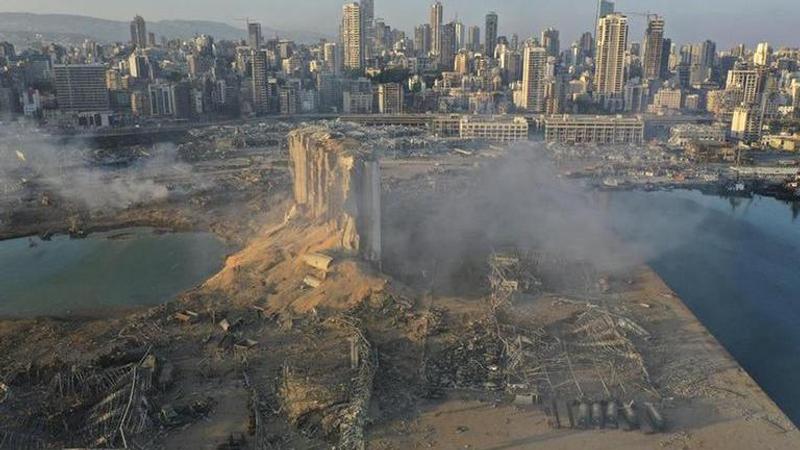Published 18:23 IST, August 7th 2020
Clean up work continues across Beirut after blast
Cleaning efforts continued in Beirut three days after a gigantic blast, apparently caused by poorly stored explosives, that killed at least 149 people and injured thousands.

Cleaning efforts continued in Beirut three days after a gigantic blast, apparently caused by poorly stored explosives, that killed at least 149 people and injured thousands.
Hundreds of volunteers were out on the streets of east Beirut where the damage is the worst, clearing and removing rubble.
Some people complained that the government seemed to be doing little to help and that efforts were being led by local volunteers and foreign teams.
Some 300,000 people, over a tenth of Beirut's population, are unable to return to their homes because of the explosion, which blew out doors and windows across the city and left many buildings uninhabitable.
Officials have estimated losses at 10 billion to 15 billion US dollars.
The government has launched an investigation as it has come under mounting criticism, with many Lebanese blaming the catastrophe on negligence and corruption.
The investigation is focusing on port and customs officials, with 16 employees detained and others questioned. But many Lebanese say it points to much greater rot that permeates the political system and extends to the country's top leadership.
For decades, Lebanon has been dominated by the same political figures, many of them former militia commanders from the 1975-1990 civil war.
The factions use public institutions to accumulate wealth and distribute patronage to supporters, while infrastructure and public services remain poor.
Thirty years after the end of the civil war, power outages are still frequent, rubbish often goes uncollected and tap water is largely undrinkable.
Even before the blast, the country was mired in a severe economic crisis that was also widely blamed on the political class. Unemployment was soaring, and a collapse of the local currency wiped out many people's savings. That will make the task of rebuilding after the blast even more daunting.
Updated 18:23 IST, August 7th 2020




